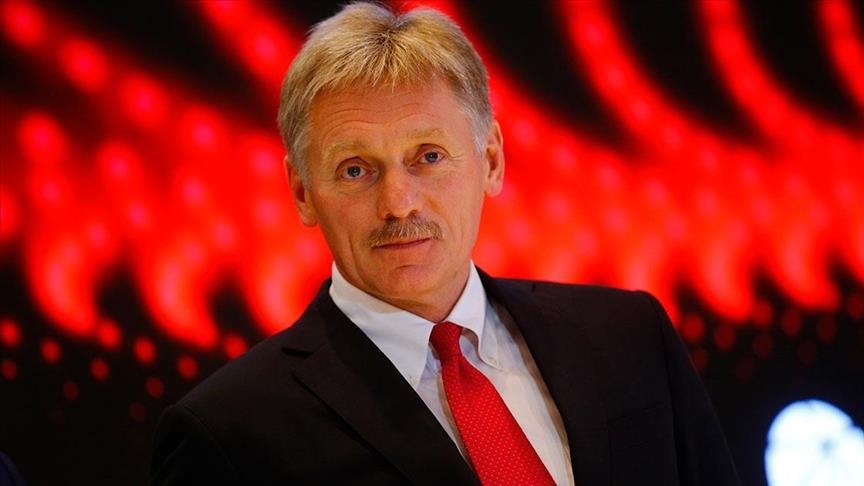Kremlin says it will not end war in Ukraine, even if EU imposes new round of sanctions

Dmitry Peskov, the Kremlin’s spokesperson, states that Russia does not intend to stop the war, even under the threat of new restrictions from the European Union, UNIAN reports.
Ukrainian officials have urged imposing more sanctions on Russia, especially its energy sector. A new EU sanction package could include such measures. Meanwhile, the US, under President Donald Trump’s administration, hesitates to introduce the same restrictions.
He expresses confidence that even the EU’s 18th sanctions package will not compel the Kremlin to change its course.
“It’s impossible to force Russia to submit to any kind of pressure or coercion,” claims Peskov.
According to him, Moscow will only agree to negotiations when there are “logic and arguments,” not Western pressure. At the same time, he admitted that sanctions are “a double-edged sword.”
The Kremlin continues to describe Western sanctions as “illegal” and claims that Russia has already adapted to life under international pressure.
“Obviously, we’ve developed a certain resilience after almost four years. We’ve learned to minimize the effects of such sanctions packages,” Peskov adds.
Despite facing near-total international isolation, Moscow once again shows that it chooses confrontation over peace.
Earlier, Ukrainian leader Volodymyr Zelenskyy stated that current “warm conversations” between the US and Russia are a deception to avoid new sanctions.
Moscow also uses the prisoner exchange for the demonstration of willingness for peace but simultaneously denies a ceasefire, claims its territory on every piece of Earth where its soldiers step, and launches the most devastating attacks against Ukrainian civilians.
Kyiv has multiple times said it should become a part of NATO to maintain the security in the country. However, its partners don’t accept its membership, fearing escalation. Despite trying not to increase tension, Russia may still be preparing an attack on Europe in the next 2-6 years, experts say.
In the 90s, Ukraine gave up its nuclear arsenal for protection under the Budapest memorandum from allies, including the US.